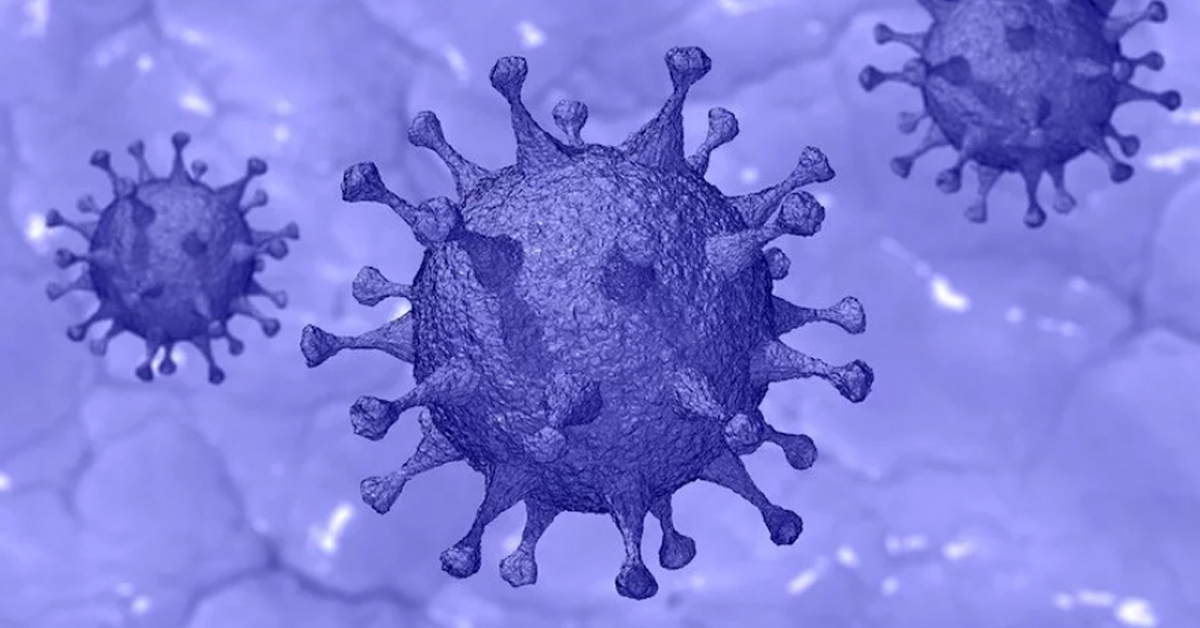The novel coronavirus (COVID-19) has impacted every aspect of life. The biggest impact has been on the healthcare system, which finds itself adapting as quickly as possible to the pandemic threat. Lily joins a list of companies halting or stopping clinical trials temporarily until the pandemic is over. Healthcare IT finds itself shifting workers to telecommuting whenever possible, adding chatbots and fast-tracking telehealth projects. Meanwhile in other areas of health innovation, a new imaging process may benefit prostate cancer patients, and Congress continues its work on several important bills that will impact the future of healthcare. This and more may be found in the Innovation Partners’ BioBlog.

Lilly slashes clinical trial activities in response to COVID-19
As the novel coronavirius pushes the healthcare system to the breaking point, Eli Lilly announced it would slash its clinical trial activities. The company said it is putting trials on hold temporarily and will stop enrollment in ongoing trials. Other companies have made similar decisions. These companies include Addex Therapeutics, Iveric Bio and Provention Bio. People already enrolled in clinical trials have been asked to continue following the study protocols, but lockdown situations may make it difficult to do so.
READ MORE
Scientists Identify 69 Drugs to Test Against the Coronavirus
Scientists examined the novel coronavirus’ genetic makeup to develop a list of 69 drugs to test against it. A total of 24 of those drugs have been approved by the FDA for treatment of unrelated diseases such as Parkinson’s, hypertension, and cancer. Other drugs on the list include medications such as haloperidol, which is taken by patients with schizophrenia, and metformin, used to treat people with diabetes. One intriguing development is that several of the drugs treat parasites. All are intended to target the virus, which inserts its genetic material into lung cells to reproduce.
READ MORE
Geisinger, UPMC among health systems fast-tracking tech, telehealth projects for COVID-19
Technology projects at hospitals and healthcare systems are on the fast track now thanks to the novel coronavirus (COVID-19). Hospital IT departments are scrambling to shift non-essential workers to telecommuting methods and adding telehealth to their list of services so that doctors can meet patients virtually. Chatbots and tracking tools are also at the front of the list of services that are now coming into play during this time of strained in-person resources.
READ MORE
CMS works with CDC to identify next COVID-19 hot spot to better target infection control surveys
CMS and the CDC are working together to identify likely new “hot spots” in the battle against COVID-19. The two groups are partnering to examine data to predict where the next surge in virus cases may occur. Nursing homes and hospitals near current epicenters, for example, might be subject to increased inspections to assess infection control protocols. CMS had previously said it would tell state surveyors and accrediting organizations like The Joint Commission to focus inspections primarily on infection control. The Joint Commission has since suspended routine surveys. Inspectors have been told not to interfere with the daily operations of hospitals to avoid adding additional strain on the healthcare system.
READ MORE
FiercePharmaPolitics—Lawmakers aim to advance pricing legislation amid COVID-19 pandemic
Lawmakers in both the House and Senate have introduced bills to boost biosimilars,but with all eyes turned towards the COVID-19 epidemic, it is uncertain how the bills will fare. Other legislation also remains that will impact healthcare. The Congressional Budget Office issued favorable findings for Sen. Charles Grassley’s pricing legislation, but he’s still fighting to gain Republican support. More on healthcare bills making their way through Congress may be found in the full article.
READ MORE
CAR Macrophages Go Beyond T Cells to Fight Solid Tumors
Researchers at the Perelman School of Medicine at the University of Pennsylvania believe they have uncovered an alternative to T-cell therapy that can go beyond the challenges CAR macrophages face. Chimeric antigen receptor (CAR) T cell therapy offers promising hope for blood cancers but has faced challenges in targeting solid tumors. The new research shows that genetically engineering macrophages could be the key to unlocking cellular therapies that effectively target solid tumors. The team was able to show these CAR macrophages can kill tumors both in human samples in the lab and in mouse models.
READ MORE
New imaging approach may alter prostate cancer treatment
A trial involving 300 prostate cancer patients publishing in The Lancet found that a molecular imaging technique called PSMA PET/CT is more accurate than conventional medical imaging. About 1 in 3 prostate cancer patients experience relapse after surgery or radiotherapy, partly because traditional radioimaging cannot detect everywhere that the cancer has spread. The new method can detect levels of a molecule associated with the disease and determine the extent of its spread at the time of diagnosis.
READ MORE




